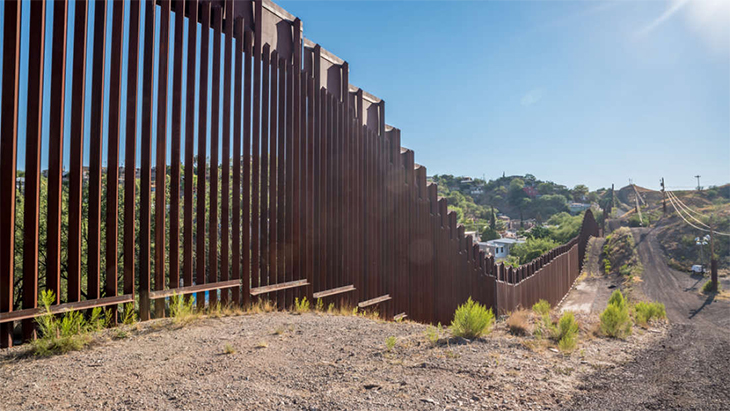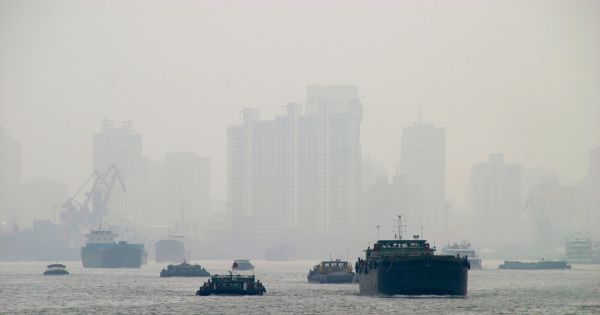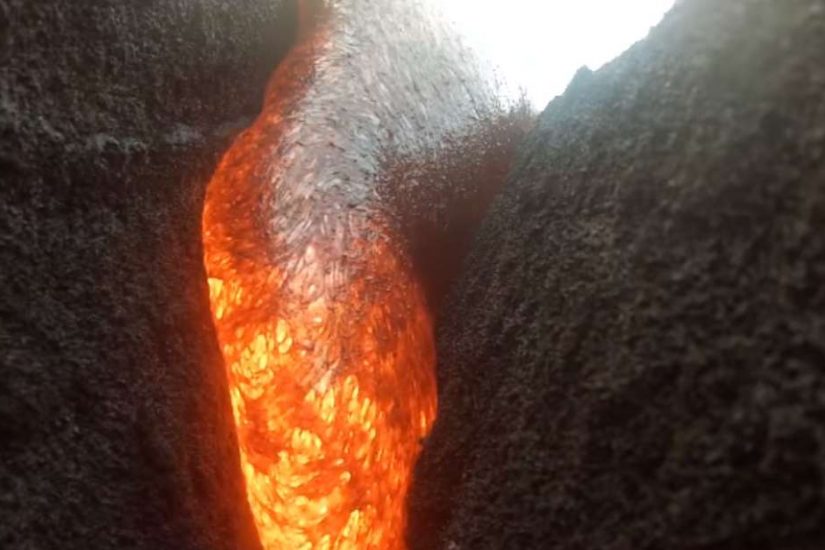By: Katy Evans/IFL Science Trump is forging ahead with his US-Mexico border wall in an attempt to keep at least one of his promises on the campaign trail – and he’s not letting a little thing like laws get in his way.
The Trump administration announced on Tuesday that it will waive environmental laws and regulations that would get in the way of the border wall in San Diego getting off the ground.
The Department of Homeland Security (DHS) said in a statement it would “waive certain laws, regulations and other legal requirements to ensure the expeditious construction of barriers and roads in the vicinity of the international border near San Diego.”
This means that the government will be exempt from the National Environmental Protection Act, which usually requires a construct to be strenuously examined for potential environmental impact and damage before it can go ahead.
There have been many studies on how the proposed 3,050-kilometer-long (1,900-mile-long) border wall will impact the surrounding environment on both sides of the US-Mexico border. A study by the Center for Biological Diversity (CDB) earlier this year found that 93 endangered, threatened, or vulnerable species would be threatened if the wall goes ahead.
Another study by the US Fish and Wildlife Service found the number to be more like 111 endangered species and a study from Mexico’s National Autonomous University places the figure as high as 800.
Over 700 species of mammals, birds, and insects cross the border every year in their annual migrations, including many species and subspecies only found in America. Inhibiting their migratory patterns, limiting their movement to narrow corridors, or preventing their mixing with other populations to ensure genetic variation are all detrimental to wildlife.
However, this isn’t a new waiver. It has been in existence since 2005 as a result of multiple court challenges to prevent a border wall being built in San Diego on environmental grounds. It has only been used by the DHS five times since then, the last time by President Bush in 2008 to build the US-Mexico border fences.
This time the waiver for any environmental impact to be considered applies specifically to a 22-kilometer (14-mile) stretch of border wall in San Diego that needs replacing. The CBD is challenging this in court, arguing that the waiver doesn’t include replacements.
“The waiver has already been called the broadest waiver in U.S. history,” said Brian Segee, attorney for the CBD. “Any attempt to enlarge it further beyond the scope is something we’re going to challenge.”
The DHS insists that “while the waiver eliminates DHS’s obligation to comply with various laws with respect to covered projects, the Department remains committed to environmental stewardship with respect to these projects.”
I guess we’ll see.




